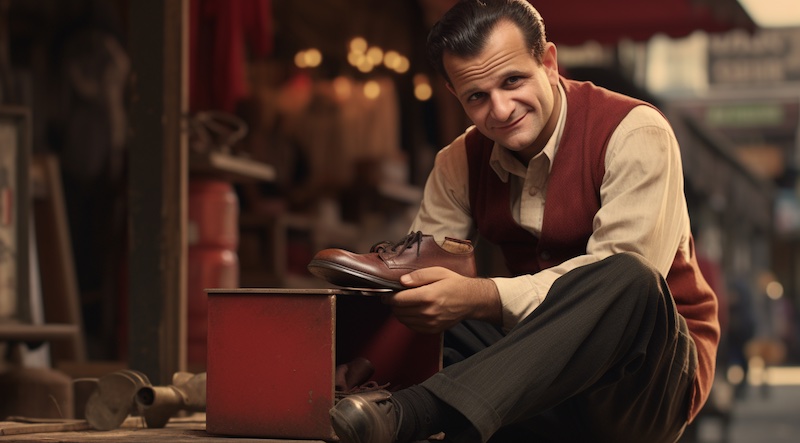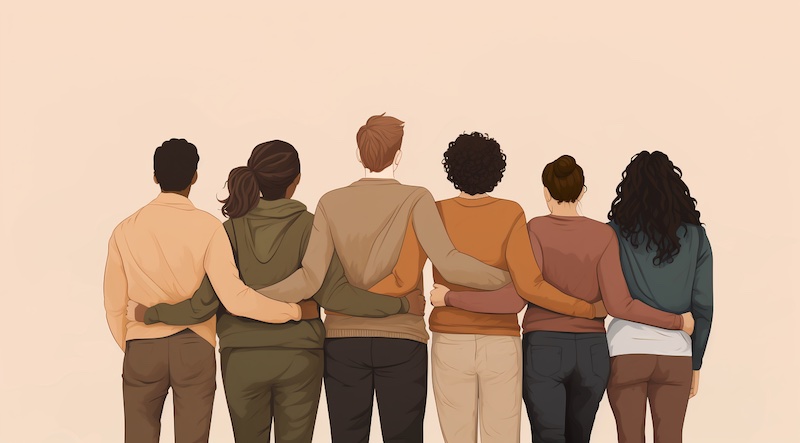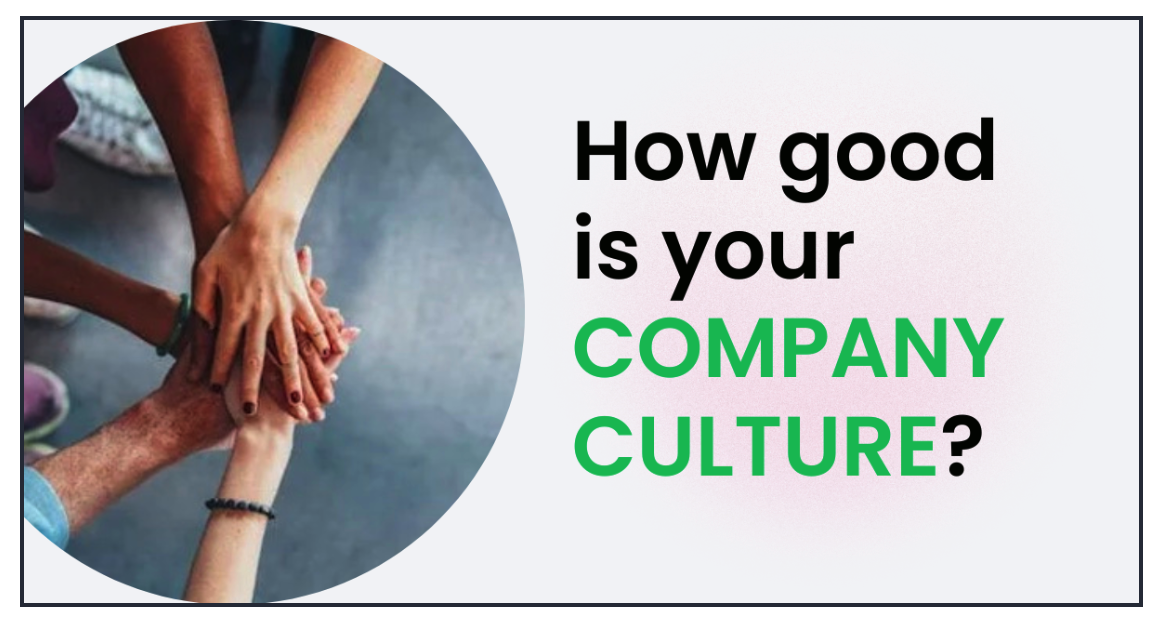
Do you remember the “shine box” scene in Goodfellas?
In case you don’t have the gene that remembers every scene of every Scorsese movie, here’s what happens…
Joe Pesci, Robert DeNiro and Ray Liotta are mafia guys. They are in a bar having drinks when another mob guy starts making fun of Joe Pesci. You know, disrespecting him in front of others.
Joe Pesci, understandably, is offended by the mockery and leaves the bar.
Later that night, after most people have left the bar, Pesci comes back which, incidentally, never ends well.
Pesci proceeds to beat the living bejesus out of the mocking mobster and then shoots him in the face for good measure. There are absolutely no bejesuses left living in this guy once he’s done.
But the reason I bring this up is not because of the actual killing part. It is because of what happened next.
With no questions asked and no hesitation whatsoever, Liotta and DeNiro help Joe get rid of the body.
That’s the thing about organized crime, when you kill somebody, your buddies will help you hide the body – no judgment, no shame, no questions asked.

The Importance of True Friendships
True friendships are rare.
The older you get, the more difficult it is to make and maintain true friends. If you have them, treasure them.
When I say “true friends”, I mean friendships built on trust, loyalty, and mutual respect. I’m talking about friendships where you can count on each other no matter what. Where you can share all of your ugly without risk of judgment or rejection.
True friends are an unconditional support network. They are the ones who immediately send you the money when you say “I desperately need $10,000, but I can’t tell you why.”.
True friends are the ones who will help you hide the body.
Now, before you go all whack-a-doodle on me, let me make it clear that I’m not encouraging anybody to commit homicide. Nor am I suggesting anybody aid and abet any criminals.
All I’m saying is that, if there were a hypothetical situation where a dead body needs to be hidden, we all could use a true friend that will help hide it with us.
After all, have you ever tried to transport a dead body on your own? I’m telling you, it’s not easy.
Not that I would know… that is…umm, I would imagine it’s not easy. I definitely wouldn’t have ever been in that type of situation. Nope, no reason for me to know that.
Hey, let’s move on, shall we?
[Editors Note: HR, it’s me, the editor. Have we done background checks on the writers? No biggie, just curious.]

The Loneliness of Leadership Without A Support Network
One of the biggest problems I had as a young leader was the lack of a leadership support network. In my role as an executive coach, I commonly see other leaders fall victim to this same problem.
It’s very hard to navigate the loneliness of leadership. The maze is dark and has many dead ends.
When I was a younger leader, I was scared. I was self-conscious. I felt like an imposter; like I was the only one who had no idea what he was doing. I sure wasn’t going to proactively reveal my faults and all my ugly to just anybody.
No way.
So I looked for the perfect person to be my support network. The master mentor to guide me.
Unfortunately, I could never find the right support network to understand me and be compassionate to my situation.
It felt like I was floating on a raft, all alone in the middle of the ocean – kind of like that kid in The Life of Pi, except that the tiger part wasn’t really a tiger but some character played by the voices in my head who, frankly, aren’t always the nicest people in the world.
The truth is that I didn’t have a strong support network, not because I didn’t look for it, but because I wasn’t ready to find it.
You can ask all the questions you want, but you’ll get nowhere unless you’re ready to hear the answers.
I’ve grown to realize that I was not the only one who felt this way. I coach a lot of leaders who also ride like the Lone Ranger.
You, as a leader, may have convinced yourself you can do it all by yourself. But you’re wrong.
You can’t.
Nobody can.
Successful leadership takes a village. More importantly, it takes those one or two people who, when it’s needed, will help you hide the body.

The Importance Of A True Support Network
Regardless of your place in the organizational hierarchy, you are a leader and all leaders need support.
Whether it’s a coach, a mentor, or a group dynamic, having a true support network is critical.
If you haven’t guessed, I use the term “true support network” in the same sense as I did “true friend”. Having true support means there is a high level of trust, respect, and transparency. You need to feel safe and be confident that your discussions always take place in the NJZ (No Judgement Zone).
The relationship should be focused on helping you grow – regardless of whether you like the feedback or not.
In fact, you aren’t going to like all the feedback you hear. No matter how great you are at your job, you’ll always have a blind spot when it comes to self-analysis.
As my friend and nearbound rockstar, Natasha Walstra, has said to me, you live your life inside the pickle jar. It’s easy to read the label from the outside, but when you’re on the inside, you don’t have the perspective of seeing things as they are.
You need help.
I know, I know, building a true support network takes conscious effort and goshdarnnit if it ain’t easier to just escape life and scroll through Insta instead.
But I’m here to tell you that it’s time to put down the Instagrams for a few minutes because finding a true support network is critical for your growth.

Finding A True Support Network
Finding a true support network doesn’t have to be difficult. Here are some places you can look:
- Leadership coaches
- Networking groups for people in your career
- Previous bosses
- Online mentorship groups
- Others who have already accomplished what you’re trying to do.
But don’t make the same mistake I did.
To have a true support network, you have to be willing to find it.
The most common thing that gets in the way of finding leadership support is fear. You may not even know the right questions, but you have to be ready to hear the answers anyway.
If you’re like the younger me who was too scared to address the things I needed the most help with, here’s a suggestion…
Start the conversation with a potential mentor like this:
“I know I need support, but I have to be honest and admit that I’m scared to address my weaknesses. I wouldn’t even know where to start.”
A true support network will embrace that and help you dig deeper. The ones who aren’t the right fit will put down their shovel and turn away.
The 7 Questions For A Support Network
When you find somebody you think might be good for you, ask yourself these seven questions:
- Do I trust them and do they trust me?
- Do I respect them and do they respect me?
- Will they make a regular commitment to be there for me?
- Will they keep our conversations confidential?
- Will they give me constructive feedback, even though I may not like it?
- Will they hold me accountable for doing the hard things?
- Do they subscribe to The Best Leadership Newsletter Ever?
[Editors Note: The last one isn’t required as much as highly recommended]
Once you find the right support network – whether it be an individual or a group of people – your whole world can change, practically overnight. That’s how impactful it should be.
After all, everybody needs somebody who can help hide the body.
A Somewhat Relevant Quote
“Everyone needs a support system… We cannot do life alone and expect to keep mentally, emotionally, and spiritually healthy. Everyone needs some sort of support system on which to rely.“
Richelle Goodrich – author, poet
Random News
Sick or Treat – Best Halloween costume for the bed-ridden
Falling Tiles – When iguanas fall freezing from the sky
Anti-Hero – Get ready to hear from this sick beat
Forked Up – Tractor driver catches car thief

